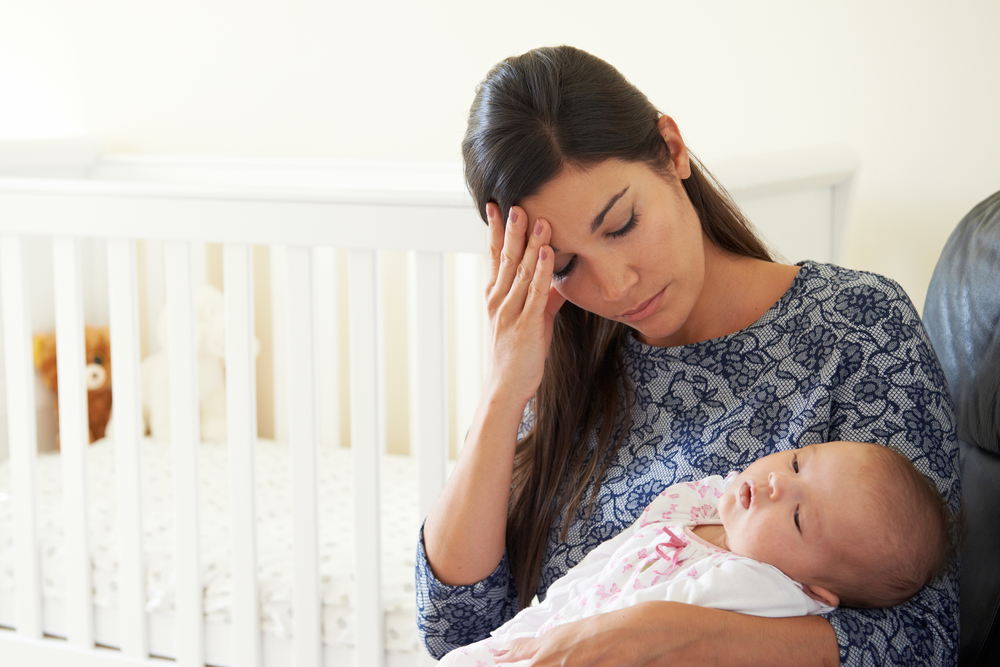After Delivery
What is Postpartum depression in men?

1 in 10 new dads gets Postpartum Depression. But isn’t it an illness for moms? How come they get depressed when they weren’t the ones carrying the baby or giving birth?
Why this case is not yet understood? Knowing that there are some drops in testosterone levels similar to progesterone drops in women that are believed to be associated with feelings of depression.
Postpartum Depression in men presents quite different from women as follows:
-
Increased anger and conflict with others
-
Frustration or irritability
-
Violent behavior
-
Impulsive behavior (ex: reckless driving, using alcohol/drugs etc.)
-
Isolation from family and friends and constantly working/playing video games instead
-
Loss of interest in the things he used to enjoy
-
Feeling discouraged/sad
-
Easily stressed and fatigued
-
Lack of concentration
-
Increased physical complaints (ex: headaches, digestion problems, muscles aches etc.)
-
Thoughts of death
There is an additional challenge men usually face while seeking treatment compared to women, that is the conflict between their real feelings about this new change that happened to their lives and the feelings they usually have about their masculinity of being the “protectors and the strong ones”, that they would be considered “weak” if they started to seek help.
Sometimes they end up walking away from their families when they don’t know how to cope with their feelings anymore or wish they never had kids. That’s why it’s crucial to recognize the signs and symptoms and educate fathers that they must seek help for themselves and their families.
So if you recognize these signs in your husband, communicate with him, validate his feelings, and educate him that what he is experiencing now is an illness like any other! All of this can reduce the feelings of self-blame or fear of being “weak” or “not masculine enough”.
Treatment, like any depression, ideally includes talk therapy and medications. Contacting a therapist and/or psychiatrist is very important so the best treatment can be started. The length of treatment is individualistic and depends on the severity of the case. You can always reach out to us and we can guide you how to proceed.














